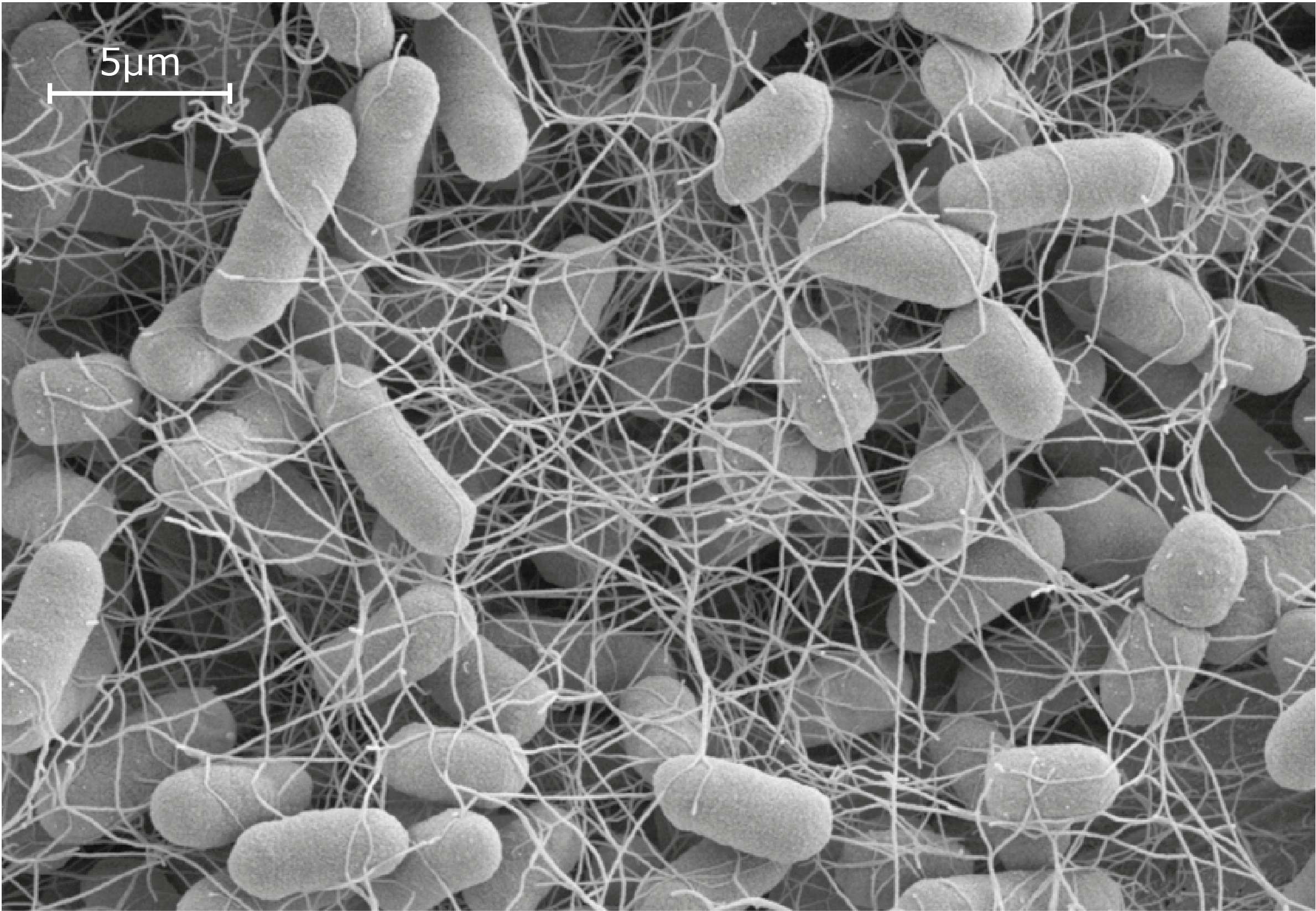This topic takes on average 55 minutes to read.
There are a number of interactive features in this resource:
 Biology
Biology
Food poisoning is an infection of your intestines caused by bacteria such as Salmonella and Escherichia coli (E. coli). They attack the lining of the gut and you vomit out any food you take in. Also water cannot be reabsorbed by the infected large intestines resulting in liquid diarrhoea.
Food poisoning is usually picked up by contact with someone who is already infected, or by eating contaminated food (or water). For example raw or undercooked shellfish grown in waters contaminated by sewage, or someone with the virus preparing food without washing their hands after using the bathroom. Bacterial food poisoning can easily be caught as a result of eating reheated meat dishes or poorly cooked and raw eggs if they are infected with bacteria such as Salmonella or E coli. Flies can carry the bacteria which cause food poisoning onto the food after they have laid eggs or fed on faeces

Salmonella typhimurium. Image obtained with scanning electron microscopy.

This food looks wonderful but it could easily be covered in the microorganisms which can cause food poisoning
The main symptoms of food poisoning include
Symptoms usually develop within one to three days of picking up the infection. Often the infection only lasts a 24-48 hours but in severe cases the symptoms can last for up to 10 days. When this happens dehydration and lack of mineral salts which result from the vomiting and diarrhoea can make you very ill indeed. Healthy people usually recover without any complications but for babies and old people gut infections can be deadly. World wide, more children die from vomiting and diarrhoea than any other disease. Dehydration happens happens more quickly in small children and the elderly, and affects them more seriously, than it does a young adult.
Unfortunately, there’s no specific medical treatment for gastroenteritis. It is often caused by viruses. Even if the disease is shown to be bacterial, doctors don’t usually prescribe antibiotics unless the major body systems start to fail. This is partly because the drugs will immediately leave the body with the vomiting and diarrhoea. Also overusing antibiotics can lead to the development of antibiotic-resistant strains of bacteria. Antibiotics also destroy the healthy gut bacteria. Over-the-counter remedies will stop the diarrhoea, but it is better not to use them because they will just make you infectious for longer. Concentrate on making yourself more comfortable and preventing dehydration while you recover.
The best way to prevent the spread of gut infections is to follow some common-sense precautions.